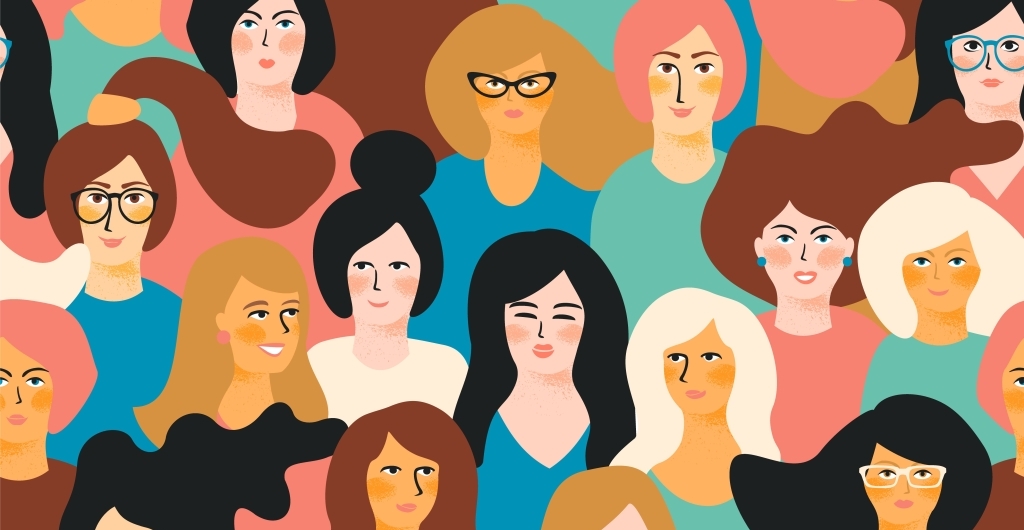By Maria-Nefeli Andreadaki,
The LGBTQ+ community seems admittedly united in its fight for equal human rights, with people supporting and taking care of each other towards a safer future for everyone. This wasn’t the case, however, during the 70s and the 80s, when the rift between queer women and men was ever-growing. Queer women in the United States, lesbians in particular, were the targets of sexist behavior that was, ironically, coming from gay men. More specifically, lesbians were excluded and barred from gay bars and other queer spaces that were dominated by and created for gay men. Not only were they subjected to the homophobia of the larger public and its consequent marginalization, but they had to deal with the phallocentric ideas that had taken over their people too.
We can place the start of the AIDS pandemic in 1981, when it was first labeled by major media outlets as “homosexual cancer.” Again, due to sexism and other reasons that led to exclusion, the focus was on gay men and how they were affected by this virus. Even the definition of AIDS at that time excluded women, leading to the infection, lack of diagnosis, and consequent death of many queer women that could have otherwise had better chances at surviving or not being infected at all.
Despite the discrimination, women kept fighting for a place at the table through their activism. They formed new activist organizations that helped push the change in the AIDS definition, resulting in queer women receiving much-needed medical care. Furthermore, they stood by their queer brothers, the men of their community who had treated them with such hostility and disrespect, by donating massive amounts of blood directly to male patients that were in dire need of frequent blood transfusions. This is extremely important because other homosexual men were prohibited from donating blood in fear that the virus would spread in the States, and, of course, they were not getting any additional support from the government, the media, or the general public. “When doctors and scientists refused to care for HIV patients, lesbians stepped in.”

“These […] women likely represent thousands of other women, lost in the historical record, who committed years of their lives to a fight they could have easily opted out of. Theirs is the story of selfless heroism in its purest form,” writes Maggie Shackelford in her paper titled “Unsung Heroes: Lesbian Activists in the AIDS Epidemic in North Carolina and California.” In this same paper, activist Osborn dispels the myths that lesbians took the positions of caregivers and leadership because women are natural caretakers and because gay male leaders were dying from the disease, respectively. Women were showing empathy and solidarity and were providing their much-needed skills and knowledge (medical, organizational, etc.) to men who had previously turned their backs on them. Their experience in civil rights, health, and other movements is what ultimately made their contribution invaluable, the lack of which would have had irreparable consequences for everyone involved in the AIDS crisis.
Thus, a unique bond between gay men and women was finally created, bridged by the women’s professionalism and active participation. It is no wonder that the letter L comes first in the LGBTQ+ acronym. Queer women’s efforts should always be acknowledged, highlighted, and respected, and they should continue to be recognized for what they are: the invaluable result of women’s never-ending fight towards a better, equal future.
In honor of December 1st, World AIDS Day.
References
-
Lesbian AIDS Activism · Yale University Library Online Exhibitions. Available here
-
Unsung Heroes: Lesbian Activists in the AIDS Epidemic in North Carolina and California, 1. (2011). scholarworks.wm.edu. Available here




